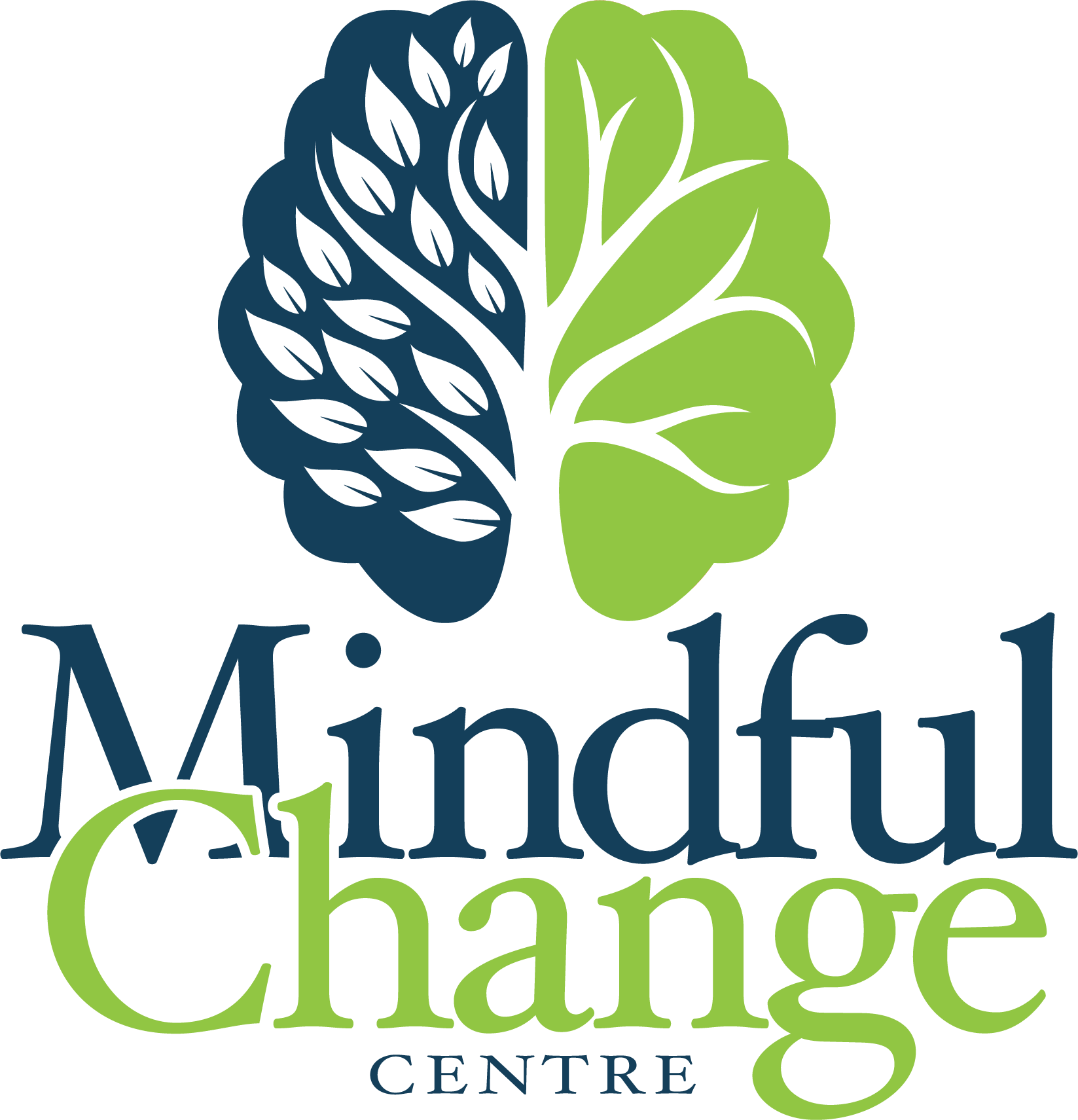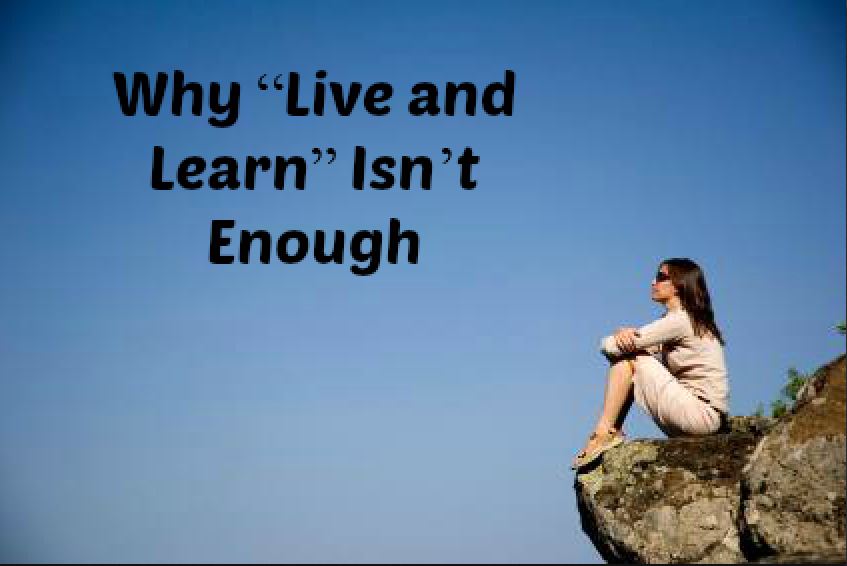Live and learn. When you hear someone say that phrase, it comes with the unspoken idea that learning certain lessons will make your life better. But what if that isn’t true?
Some lessons happen quickly and are hard to forget.
Fire hurts when you touch it. Orgasms feel good. When the consequences of your actions are swift, intense, or both, the lessons stick with you.
Some lessons you learned without experience.
The first time you saw a picture of piles of dead bodies from a concentration camp, you probably felt afraid, sick to your stomach, or mortified. You didn’t have to be involved to understand that something like that should have never happened.
Some lessons come slowly and with great cost or reward.
Not everything you do in life comes with instant feedback.
For example, healthy relationships are created and nurtured over time. You might not realize all the things you’re getting right until an old friend is there in a time of need, or your kids have grown into kind and happy people.
Likewise, type II diabetes takes years to develop. Some people experience a fatal heart attack, disabling stroke, or unrepairable pancreas damage before they’re even aware that their choices were causing problems.
Some lessons are invisible and can be wrong.
Your family demonstrated ideas to you repeatedly, and you adopted them without any real thought or choice. Things such as your ideas about money, relationships, and even your self-identity formed that way.
The hard part about invisible lessons is that what you learned feels true but may not be. Those lessons might be causing you all sorts of discomfort and frustration.
“The past is a place of reference, not a place of residence; the past is a place of learning, not a place of living.”
– Roy T. Bennett
Learning a lesson by itself isn’t enough.
Learning something isn’t enough to have it change your life for the better.
If you want your life to change, you have to take the next step and ask yourself how that knowledge serves you, how you can use it to make your life better, and if it might be time to replace it with something more helpful.
If you’d like more information, there are several exercises in my book, Same Shit Different Day, that can help you sort through the lessons that are helping and harming you.


 Follow
Follow